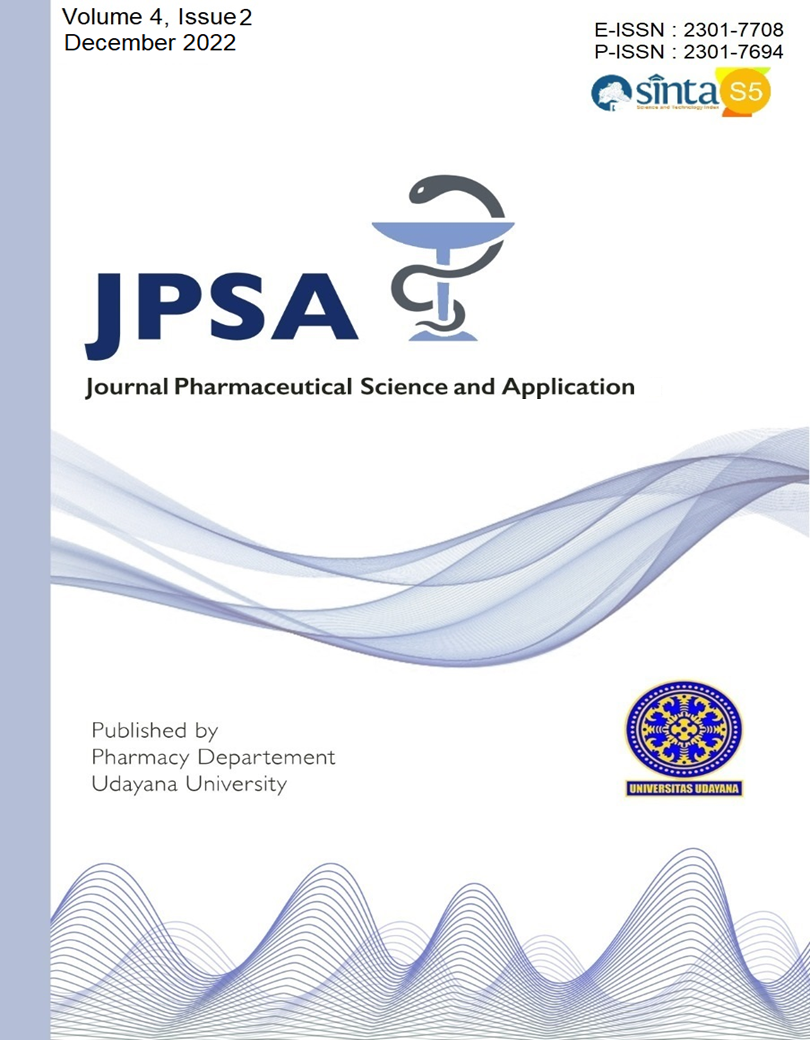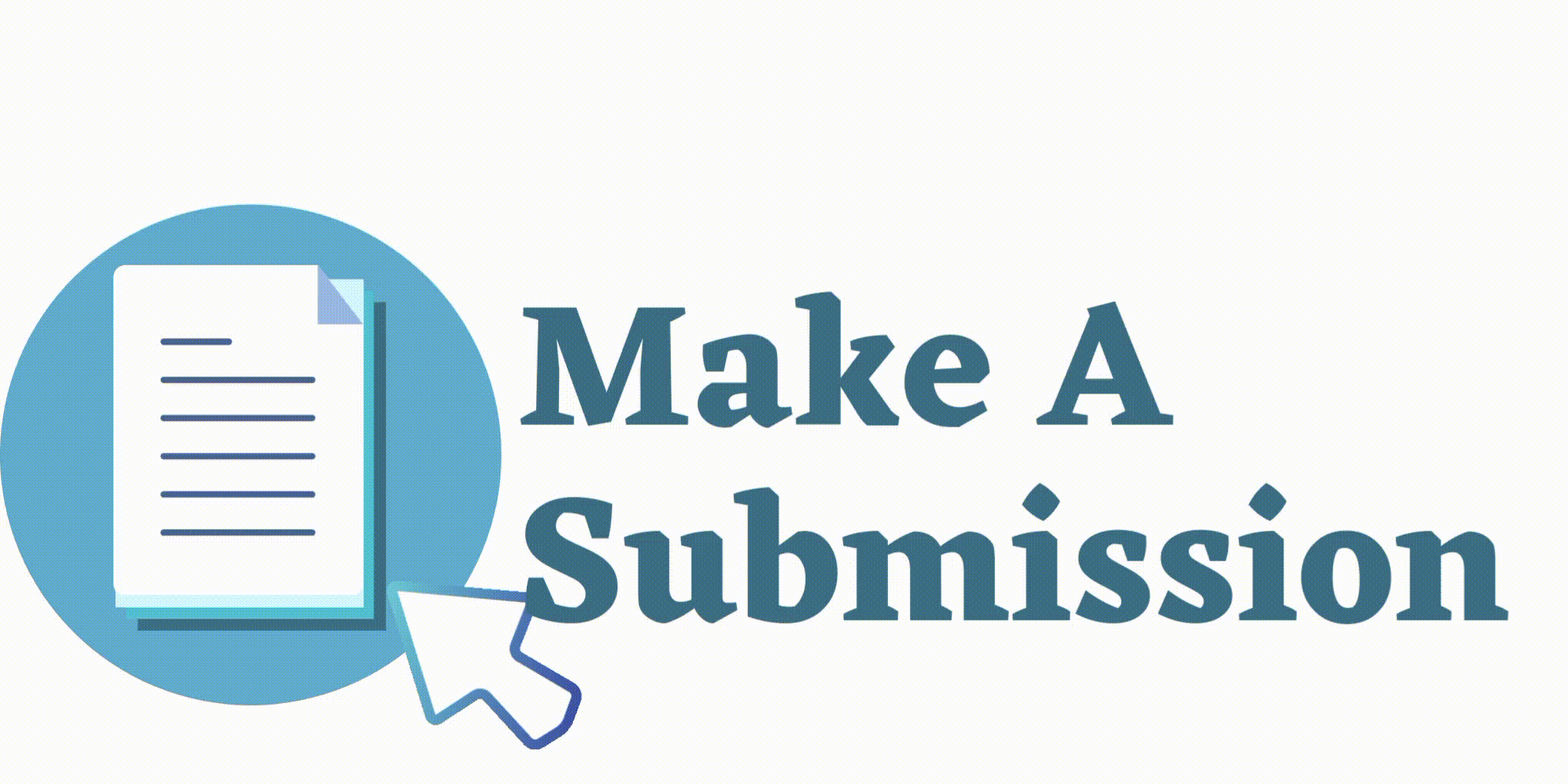THE EFFECT OF ONLINE-BASED EDUCATION ON TREATMENT ATTITUDES AND MEDICATION ADHERENCE OF TUBERCULOSIS PATIENTS AT THE DENPASAR CITY HEALTH CENTER
Abstract
Background: Tuberculosis is an infectious disease with a high prevalence rate in Denpasar City. Medication adherence affects increased tuberculosis cases in Denpasar City. Medication adherence in tuberculosis patients is associated with a low attitude toward treatment, so it is necessary to make efforts to improve treatment attitudes and medication adherence of tuberculosis patients by providing health education. Online-based education with Google Meet can be a solution in delivering health education with virtual face-to-face features, so education delivery becomes more effective. Objective: This study aims to determine the effect of online-based education on treatment attitudes and medication adherence of tuberculosis patients at the Denpasar City Health Center. Methods: The pre-experiment study used one group pretest-posttest design that was conducted from February until April 2022 at several public health centers in Denpasar City. The total samples of 30 tuberculosis patients accorded the inclusion criteria were taken by purposive sampling. A questionnaire was used to measure treatment attitudes, where online-based education is given a week after the pre-test and the post-test is given 2 weeks after online-based education. Pill-count method was used to measure medication adherence. Wilcoxon analysis was used to analyze research data. Results: Wilcoxon's analysis showed a significant increase in treatment attitudes and medication adherence of tuberculosis patients before and after online-based education with google meet (p<0.05). Conclusion: Online-based education with google meet provides an increase in treatment attitudes and medication adherence of tuberculosis patients at the Denpasar City Health Center.
Keywords : Online-based Education; Treatment Attitudes; Medication Adherence; Tuberculosis
Downloads

This work is licensed under a Creative Commons Attribution 4.0 International License.
Authors who publish with this journal agree to the following terms:
Authors retain copyright and grant the journal right of first publication with the work simultaneously licensed under a Creative Commons Attribution License that allows others to share the work with an acknowledgment of the work's authorship and initial publication in this journal.
Authors are able to enter into separate, additional contractual arrangements for the non-exclusive distribution of the journal's published version of the work (e.g., post it to an institutional repository or publish it in a book), with an acknowledgment of its initial publication in this journal.
Authors are permitted and encouraged to post their work online (e.g., in institutional repositories or on their website) prior to and during the submission process, as it can lead to productive exchanges, as well as earlier and greater citation of published work. (See The Effect of Open Access).

This work is licensed under a Creative Commons Attribution 4.0 International License.


 HOME
HOME
















